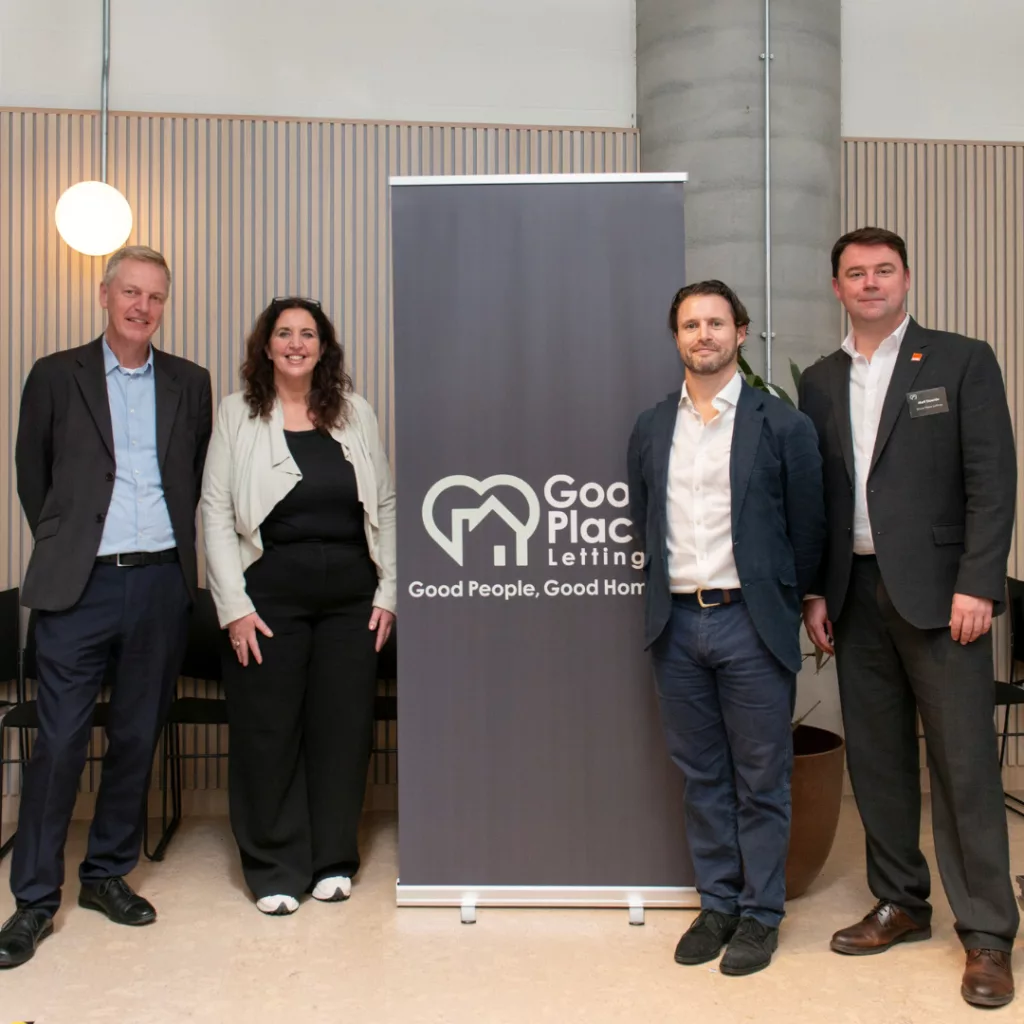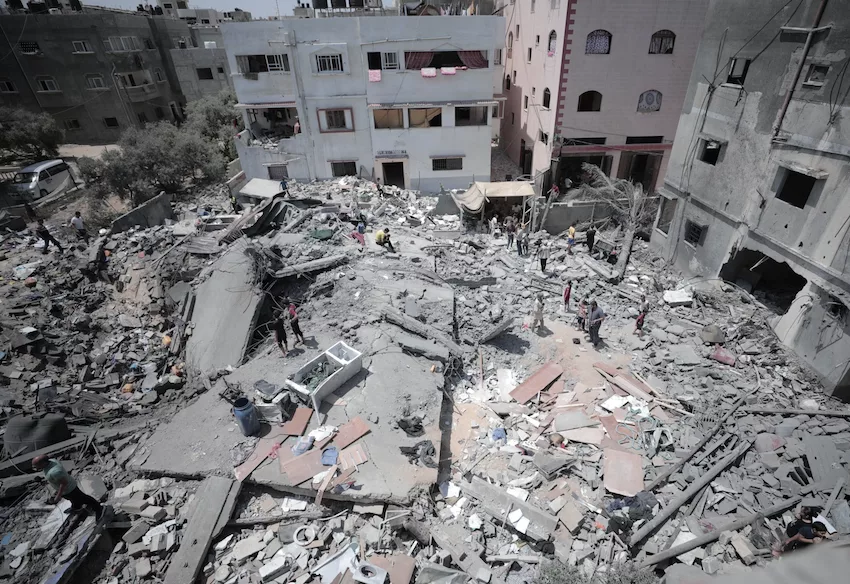A ground-breaking partnership to prevent homelessness in UK city Newcastle Upon Tyne and a unique approach to integrate disaster risk management into habitat planning and development in remote areas of Pakistan, are the two Gold Winners of this year’s World Habitat Awards.
Homelessness prevention in Newcastle upon Tyne, UK: the partnership approach of Newcastle City Council has prevented over 24,000 households from becoming homeless since 2014. Poverty and deprivation were already long-standing issues in the city before a decade-long programme of austerity reduced municipal budgets by almost a third and welfare spending was severely cut.
However, more than 100 local organisations have worked together to prevent homelessness and promote financial inclusion. This involves addressing issues that can contribute to homelessness, such as debt and access to welfare support – to increase residents’ income and reduce their expenditure where possible. It has maintained extremely low and stable levels of homelessness in spite of a challenging background nationally.
Integrating indigenous knowledge and technology for safer habitat, Pakistan: set up by the Aga Khan Agency for Habitat, Pakistan (AKAH Pakistan). AKAH geologists use satellite images and risk-mapping tools, with participation from residents (who contribute local knowledge and receive training on the process), to establish residential and economic zones, and develop disaster management plans.
To date, AKAH Pakistan has conducted hazard, vulnerability and risk assessments (HVRAs) in 785 settlements, provided more than 20,000 households with technical assistance in maintaining and improving their homes, constructed over 4,000 shelters for internally displaced people, created more than 280 community disaster management plans, and trained over 50,000 volunteers in community-based disaster risk management.
Alongside these Gold Award Winners, World Habitat are also presenting two Silver Awards and three Bronze Awards:
Compressed Earth Bricks and Community Enterprises, Nepal (Silver)
Enabling local entrepreneurs to build eco-friendly homes and create sustainable micro-enterprises in communities affected by disasters.
Space-S, Netherlands (Silver)
A unique social housing estate in Eindhoven, with its design, development and management led by its residents.
Habitat and living conditions improvement in poor communities in Phnom Penh, Cambodia (Bronze)
Supporting residents in informal settlements by improving safety of homes, developing community action, and delivering family support and training.
Developing and operating social housing and social care programmes in Budapest, Hungary (Bronze)
A housing renovation, employment support and housing rights advocacy project that delivers affordable rental homes for homeless and low-income people.
Camp In, Portugal (Bronze)
Improving the housing conditions and quality of life of vulnerable or at-risk groups through volunteers, focusing on rural areas.
Maimunah Mohd Sharif, UN-Habitat Executive Director, said: “COVID-19 has particularly underlined the crucial need to strengthen resiliency and promote more inclusive and just societies. Reducing urban inequalities is a cornerstone to ensure we are all better prepared for future shocks and crises. In this light, UN-Habitat particularly appreciates the focus on the preventive approach of both Gold-winning initiatives, as well as the focus on creating resilient communities and societies. These initiatives also address two topics that are crucial to the UN-Habitat mandate and to the global agenda: comprehensive strategies to prevent homelessness and initiatives to strengthen resilience to climate change and natural hazards.”
Leilani Farha, Global Director of The Shift and former UN Special Rapporteur on the right to adequate housing, said: “This year’s winners demonstrate the vital role resilient communities and societies play in establishing the right to housing. The incredible coalition that has been created in Newcastle upon Tyne shows that they understand that homelessness is a human rights concern that must be addressed urgently, and that preventing homelessness is the only way to truly solve it. Their success must be celebrated, and the lessons learned there must be shared with cities across the world. The Pakistan project is the embodiment of a human rights approach to climate change adaptation policies. By combining indigenous knowledge, community involvement and technological advancements they are ensuring communities are capable of living in dignity, security and peace amidst the rising threat of climate-induced disasters.”
David Ireland, Chief Executive of World Habitat, funders and co-ordinators of the World Habitat Awards, said: “After a traumatic year, two of the main housing challenges facing the world today are the impact of the climate emergency on vulnerable communities and the heightened risks of homelessness caused by the pandemic. We were inspired by two extraordinary projects that demonstrate how local expertise, partnership-working and making the best use of technology and resources can meet these huge challenges. We are proud to award them both with Gold Awards.
“All of this year’s winners are inspirational in their approach to providing safe and secure housing to communities across the world. We hope that their work will encourage other projects and programmes.”
Each year the World Habitat Awards are presented to the most outstanding and innovative housing projects from across the world.




